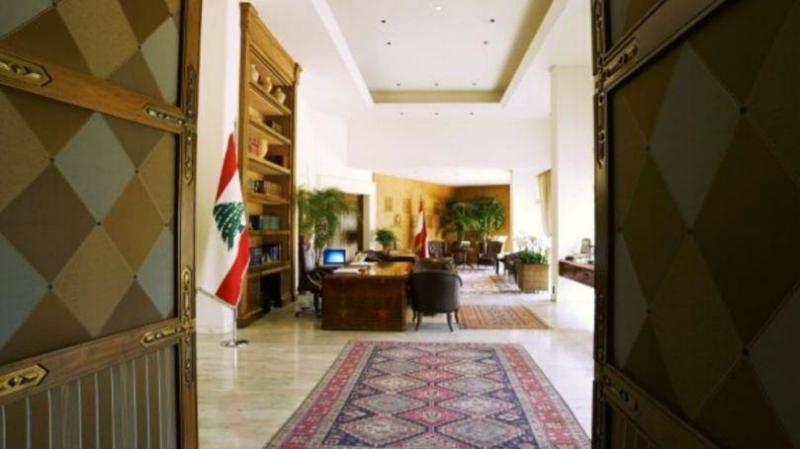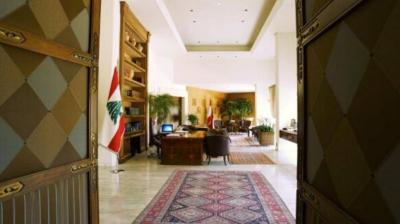We raise many questions about the reality that will prevail in 2023, especially concerning the most significant constitutional entitlement: the election of the president and the formation of a reformist government, surrounded by ambiguity. Complications are expected to persist, posing a threat to the country's security stability until some foreign intervention occurs, which is much discussed but seems to be stalled. Lebanon continues to wait "passively" for its turn in the international priority list, and its results may not appear in the near future. This is evidenced by the statements of several Western representatives in this regard. Consequently, the "presidential vacancy" is likely to continue into the coming year.
Above all this, endless disputes have arisen between former President Michel Aoun and caretaker Prime Minister Najib Mikati. These intentions became clear after the confrontation between the government palace and Mirna al-Shalouhi concerning the signing of ministerial decrees, indicating a wide gap between them and also suggesting that the political level among all parties is very complicated and difficult. We may witness sectarian tensions stirred by political movements, as the country has become politically exposed, making it challenging to resolve even the simplest issues.
It should be noted that the sessions to elect a president, held ten times, have not succeeded in bringing any figure to Baabda. Furthermore, the authority is unable to rescue the situation or launch the reform train to align with friendly and brotherly countries due to the insistence of certain parties to continue the same approach. There is no doubt that there is a "fault" in the Lebanese system, primarily affecting the Christians. Therefore, the solution is clear but not accessible — perhaps difficult — starting with dialogue among the Christian parties concerned, particularly between the Free Patriotic Movement and the Lebanese Forces, free from hostility and spitefulness. However, the surrounding political climate suggests that both parties have surrendered to the idea of a presidential vacancy instead of playing a historical role in restoring constitutional balance in the country, which could determine the identity of the next president.
Based on all these factors, it appears that the caretaker government will remain indefinitely, and the most alarming aspect is the disagreement among the components on a management mechanism for the vacancy phase, as what is currently happening is a struggle over its management between Aoun, Mikati, and those orbiting around them.




